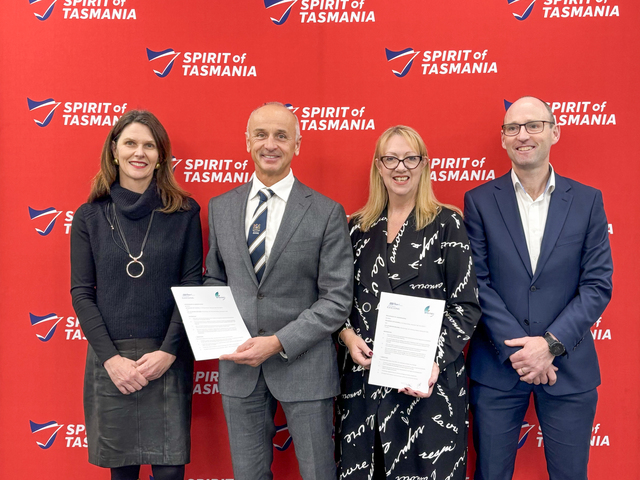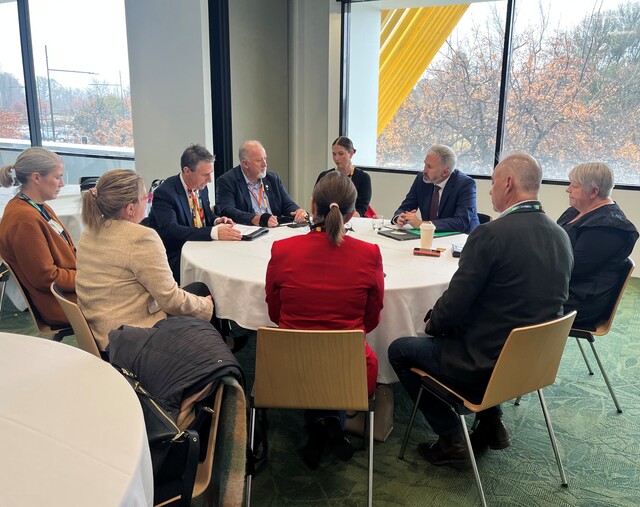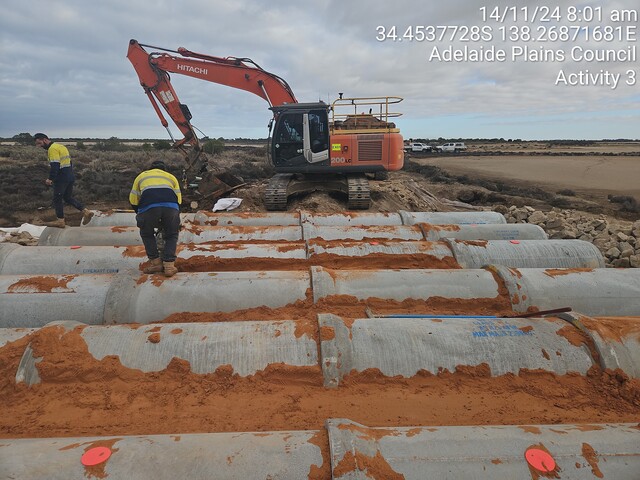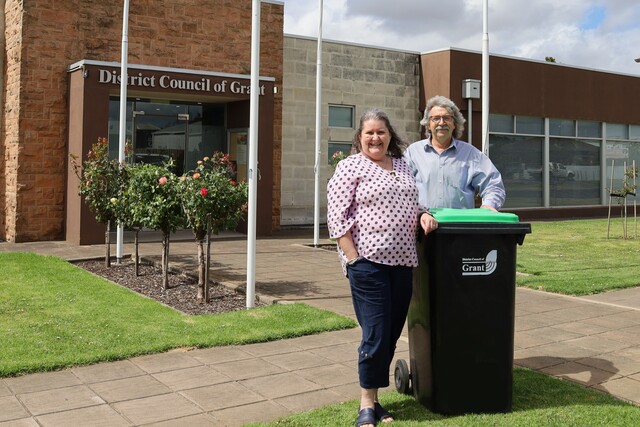From recycled asphalt to footpaths made with recycled concrete, the City of Swan, Western Australia, is pushing ahead with building materials that reduce landfill and demand for non-renewable resources.
The City has engaged local contractor Eastside Concrete to construct and repair footpaths in The Vines and Ellenbrook using concrete made from recycled building materials.
Eastside will work alongside Boral, using its sustainable concrete, Envirocrete®, which incorporates recycled and raw waste materials reducing the environmental impacts associated with concrete manufacturing and construction.
Mayor, Kevin Bailey said the City was the first local government to use the product which would save building material from landfill and reduce greenhouse gas emissions.
“We are committed to innovation and sustainability, particularly when it has a positive impact on the environment while ensuring a good asset life and condition.”
Footpath repair works underway are part of the City’s $8.85 million COVID-19 economic stimulus package to increase local investment, encourage job creation and inject money quickly into the local economy.
Eastside were also recently contracted to build a new 1km footpath along Barbera Lane in The Vines using Envirocrete®.
Eastside Concrete Director, Julianne Mackey said the product was an important way to improve the sustainability of their operations, and saw it as the way of the future in the construction industry.
“We are grateful for the City of Swan’s COVID-19 Stimulus Package to allow us to promote the use of recycled materials whilst providing opportunities for our local workforce, seventeen of whom are City of Swan residents.”
Boral Western Region General Manager, John Ralph said Envirocrete® formed part of Boral’s commitment to a circular economy and congratulated the City of Swan on leading by example.
“Envirocrete® demonstrates Boral’s commitment to tangibly contribute to an increasingly environmentally sustainable Australian construction sector at the same time as meeting the high expectations of our customers and the community.
“We aim to make a real difference by promoting sustainable practices and seek to be part of the practical solution to reducing landfill.”
As part of the City’s Whiteman Edge trial, every kilometre of a two-way road which uses the asphalt diverts 500,000 plastic bags and plastic containers, 165,000 glass bottles and 2,000 printer toners.
Two hundred tonnes of Crumb Rubber asphalt made from over 250 light truck tyres was laid on West Swan Road in Belhus. Talbot Road in Jane Brook was resurfaced with 400 tonnes of Plastiphalt or 200,000 recycled plastic bags.








